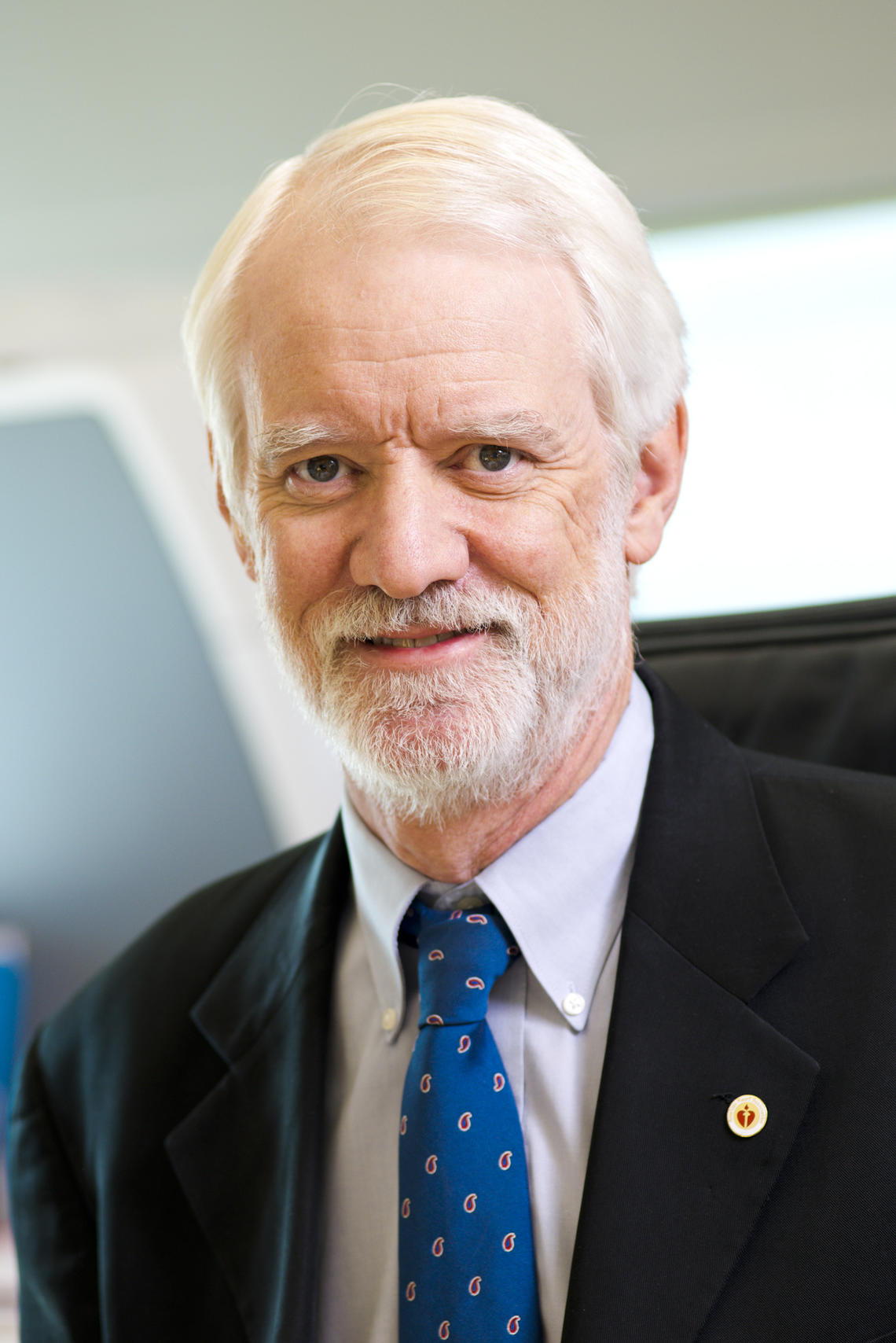
Internationally recognized researcher Don Bers will deliver the keynote address.
April 7, 2015

Internationally recognized researcher Don Bers will deliver the keynote address.
Calcium: It’s not just good for your bones. Just ask Don Bers, UC Davis Pharmacology Chair and Distinguished Professor, and keynote speaker at this year’s Libin Institute’s Tine Haworth Cardiovascular Research Day.
Bers, an internationally recognized researcher, will be speaking at the University of Calgary’s Health Sciences Centre in the Libin Lecture Theatre on April 17. Throughout his 35-year career, he has contributed innovative research findings and progressive methods for treating heart failure.
Q: How did you end up in research as a career?
A: As an undergraduate student, I always thought I would go into medicine, but I was enjoying research so much that I applied to graduate school instead. I ended up working in a lab where there were cardiologists also performing fundamental research to better understand mechanisms that controlled cardiac function. Discussions with them during that first year in graduate school helped convince me to concentrate on developing my research skills rather than studying medicine. Cardiovascular science had always interested me, so at that point I decided I would focus on cardiovascular research as a career path and the rest is history.
Q: Your research focuses on calcium that controls cardiac muscle contraction. How does that affect the heart?
A: Understanding how calcium is used by our cells and how it regulates the function of the heart has been the central theme of my research over the past three decades. Without calcium, our hearts would not function. Your heartbeat is controlled and timed by electrical occurrences carried by ions such as calcium or sodium in every heart cell. This electrical activity is what initiates every heartbeat (pumping of blood) and it turns out calcium moving in and around the cell is the critical switch that turns on heart contraction. Indeed, calcium carries an electrical current and is the molecule that turns on the contraction, but calcium must also be removed to allow the heart to relax so that it can fill with blood again for the subsequent beat.
Q: How does your research help people?
A: Our work has provided a detailed quantitative and mechanistic framework to better understand how calcium and electrical signalling functions in the normal and diseased heart. This created a mechanistic foundation for some novel gene therapy approaches, experimental at this stage, which may be beneficial in the treatment of heart failure. Cardiologists used to think that arrhythmias (irregular heartbeats) of the heart were purely electrical defects, requiring electrical treatments. However, in the past 15 years, in part due to our work, there is a wide appreciation that arrhythmias can be caused by calcium mishandling in cardiac muscle cells and that has broadened therapeutic strategies to deal with cardiac arrhythmias.
Q: What is your ultimate research goal?
A: My specific research goals always change because each research question we answer raises new ones. Research progress is collective and it is how the pieces fit together that advances the science. My big target goal, in the long run, is how we collectively figure out better ways to understand and treat heart disease.
Q: Tell me about your teaching experience and your favourite thing about being with students.
A: I teach medical, graduate, and post-doctoral students as well as mentoring junior faculty. Each level is enjoyable as I get to teach different skill sets. With medical students I teach foundational sciences related to the practices of medicine; with graduate students it’s all about developing problem-solving skills; and post-doctoral students and junior faculty I assist with their research to ensure they can reach their full potential. It is always rewarding for me to interact with trainees at different levels and help them understand concepts that will assist with their career development.
Q: What’s the best piece of advice you would give to an up-and-coming researcher?
A: Work hard, be passionate, and be optimistic.
Q: What’s the newest and most exciting thing in cardiovascular research?
The way cardiovascular research has become so collective has led to several parallel strategies to approach treatment for cardiovascular disease, including regenerative and gene therapeutics and smarter pharmaceuticals for more targeted and personalized medicine. The ability to pursue these multiple avenues of investigation of different scientific strategies and innovative tools will accelerate translational medicine. It is an exciting time in biomedical sciences and the combination of deeper mechanistic understanding of diseases, technological advances, and synergistic multidisciplinary approaches create great opportunities for scientific and therapeutic revelations.
This is a free event open to everyone with an interest in cardiac sciences. Don Bers’ presentation will be on Cardiac Calcium and CaMKII Signalling in Heart Failure and Arrhythmias.